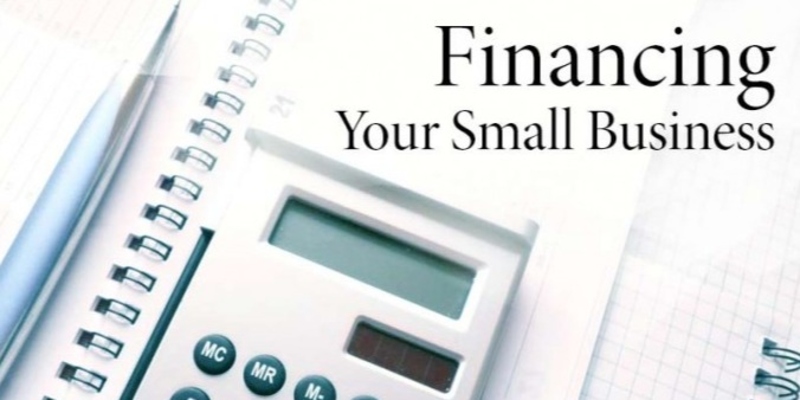Building a solid financial foundation includes the essential step of creating a budget. You can better manage your finances, cut back on unnecessary spending, increase your savings, and either eliminate your debt or avoid it by sticking to a budget.
You might overspend or resort to using credit cards and loans to meet your bills if you don't have a clear picture of your income and expenses. In case you have a budget already, now is an excellent opportunity to revise it.
Get A Budget Sheet Here And Print It Out

Get started on the tasks below by using a worksheet as a guide. In addition to Vertex42 and It's Your Money, other free spreadsheet apps that may be used to build your budget worksheet are paper and pen.
Income Statement
Your monthly income should be the starting point. Compute your regular cash flows, including employment pay, alimony, child support, and everything else that can be counted on. Take note of the term dependable. Refrain from including irregular sources of income like revenue from side gigs or hobby sales in your budget. You need to be able to rely on your budget.
Compute Your Expenditures
Mortgage/rent, property taxes, child support, and alimony are regular monthly outlays, but utility bills, food, and entertainment are subject to change. Just write down everything you spend money on regularly and how much that costs. Write down the most you can afford to spend or what you anticipate your bill will be for each variable item.
You may set aside $500 for food and petrol. You may estimate your monthly outlays by looking at your past bank and credit card statements. A look back at your purchasing habits might also help you find hidden costs.
Determine Your True Earnings
When all expenses are deducted, what is left over is your net income. Your goal is a positive sum that may be used for your debt, savings, or other financial objectives. Subtract your monthly outgoings from your revenue to determine your net income. Don't worry about writing down a negative number.
Lower Your Expenses
If you have a negative net income, it signifies that your spending exceeds your earnings. This is incorrect and needs fixing. If you don't, you could resort to using credit cards, taking out a loan, or going into an overdraft.
It's usually easy to cut back on "variable" costs like eating out, entertainment, and hobbies. Reducing your cable or phone costs, quitting your gym membership, or skipping your annual trip are all fixed expenses that may be modified.
You should compare your expenditures to your actual necessities. If you want to free up more cash for the things you really "need," you'll have to cut back or eliminate some of your "desire" expenditures.
Budget Your Money
Compare your monthly expenditures to your planned budget. If you spend more than planned, doing this will help you identify the problem areas. You can use more caution in the future to avoid spending too much money there.
Also, you might have to make changes to your spending plan to accommodate the higher costs. If you spend more money in one area, you'll need to cut back on another until you've restored financial equilibrium.
Corporate Budgets vs. Personal Budgets

There is a huge gap between individual budgets and corporate budgets. A personal budget is a plan for allocating funds from your own resources. It's common to divide a person's income into sections for rent, utilities, groceries, and transportation.
When creating a personal budget, most individuals prioritize paying down high-interest debt like student loans and credit cards, as well as putting money away for things like retirement and unexpected expenses.
On the other hand, corporate budgets address the costs that are more characteristic of firms. Thus, a company's budget may allocate funds for new equipment, paying off debt, or making wages.
While some companies keep cash on hand as a buffer in an emergency, others may need to replenish these reserves more consistently. Debt in a company's budget may be positive if it's utilized to finance development or expansion projects that eventually boost sales.
The Importance of a Spending Plan
You may learn to manage your finances more effectively by creating a budget. If you don't have a budget and often use credit cards or loans to cover unexpected expenses, you're setting yourself up for overspending and eventual debt.
You may try out several budgeting strategies until you discover one that suits you. Don't think of your budget as something you can just set and forget. If your income or spending varies, you'll want to ensure your budget reflects that.







